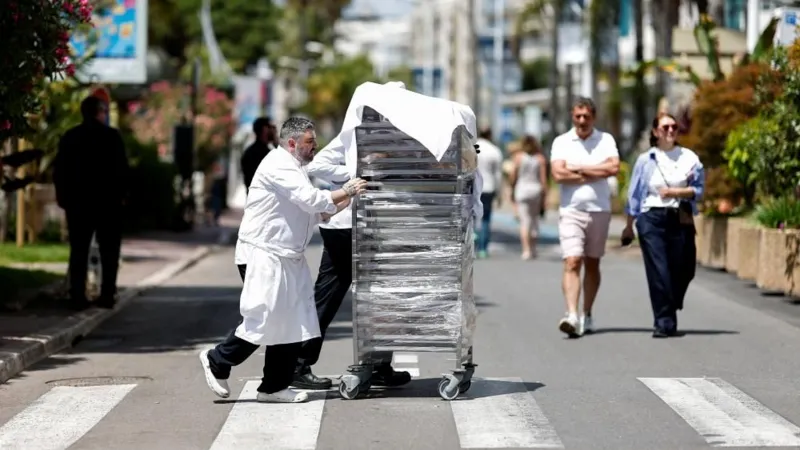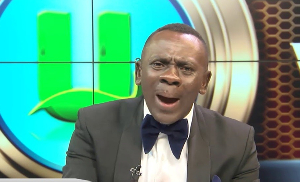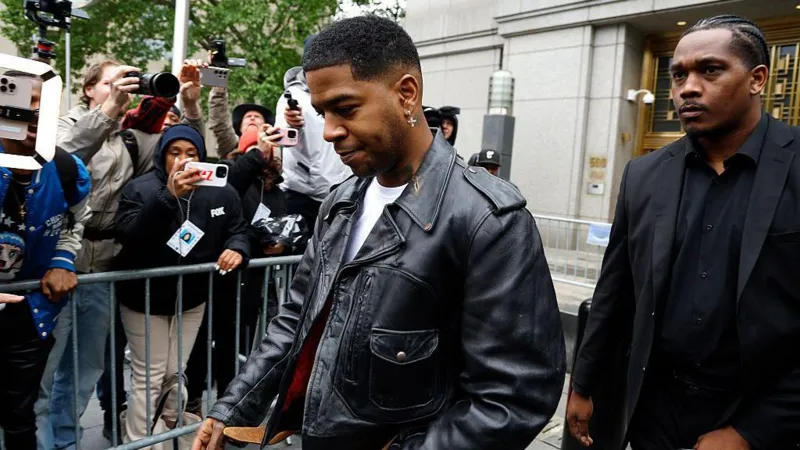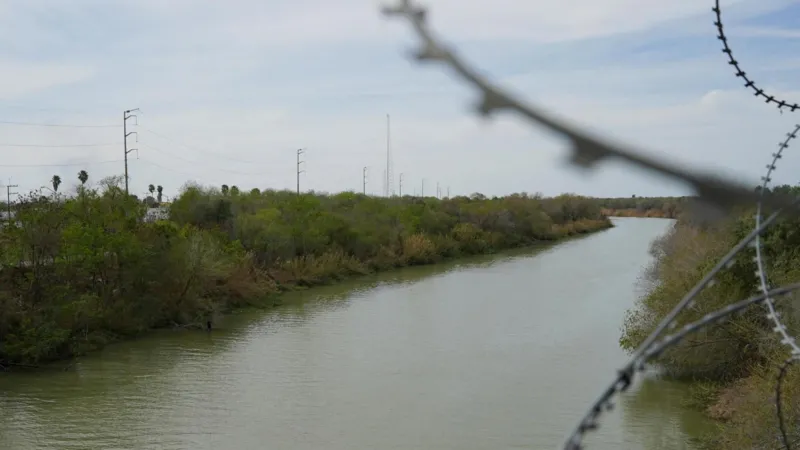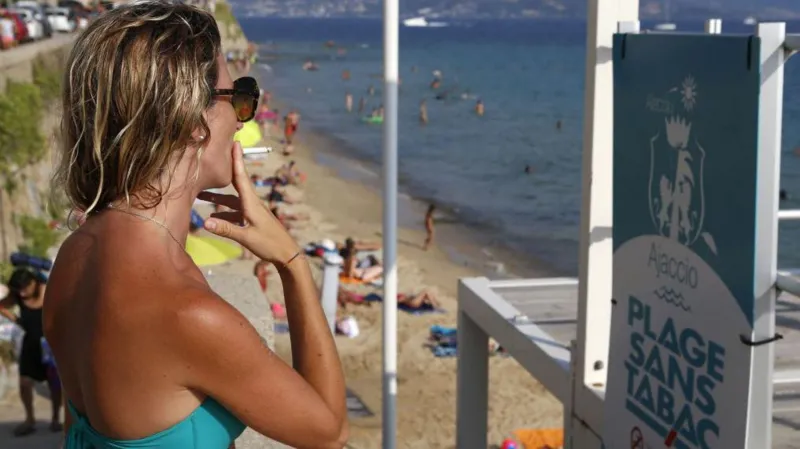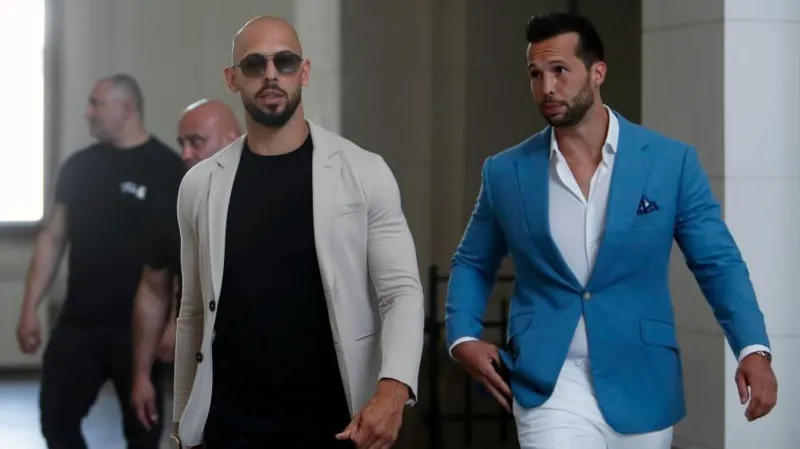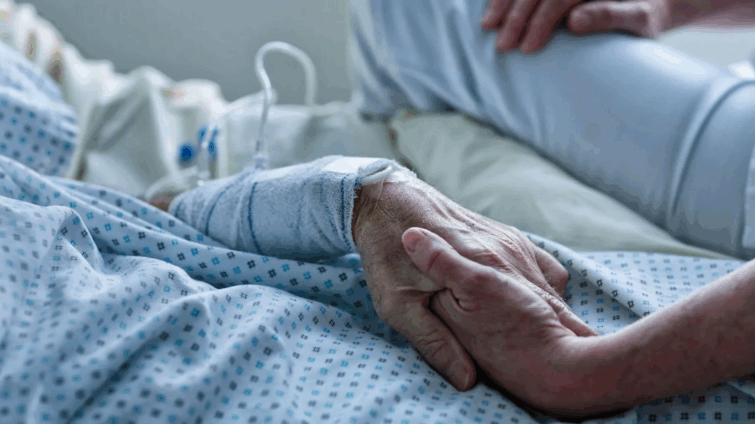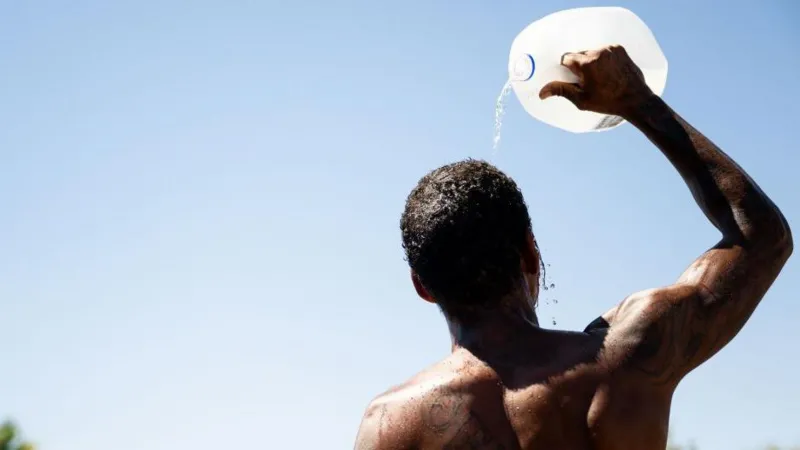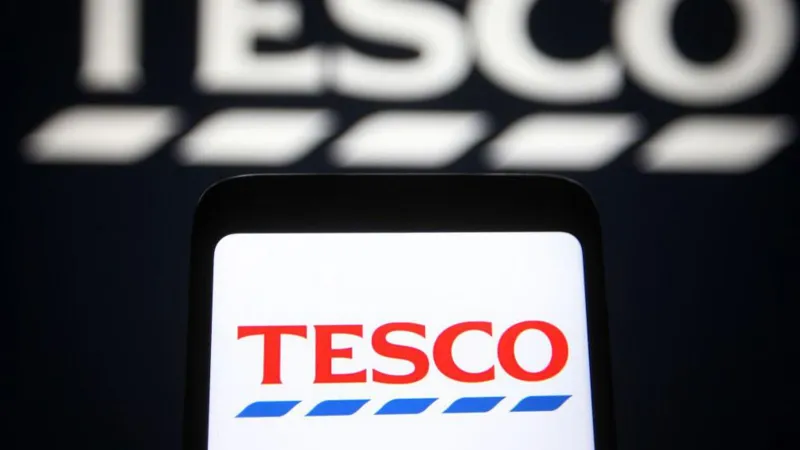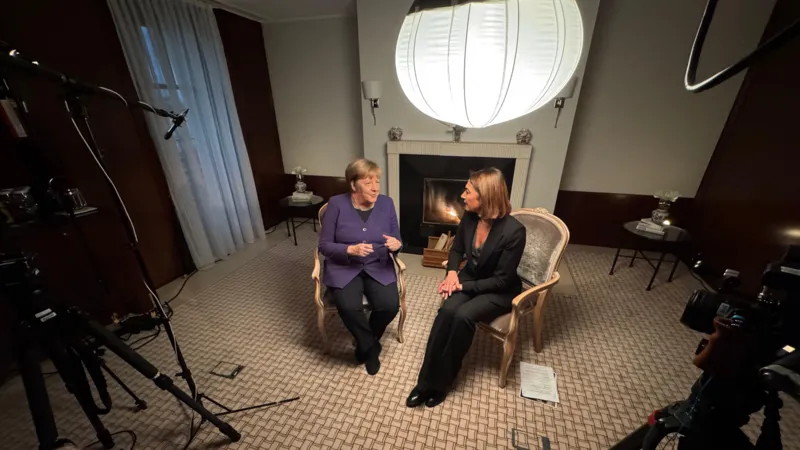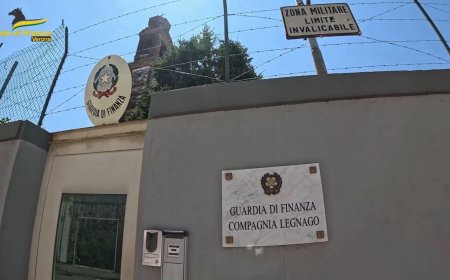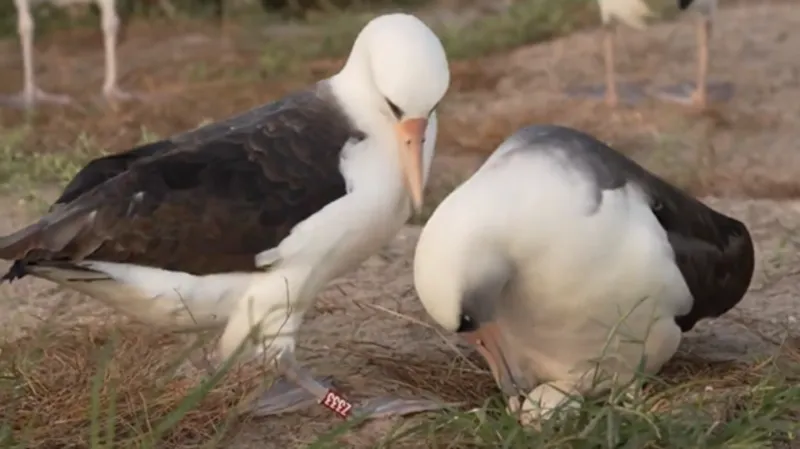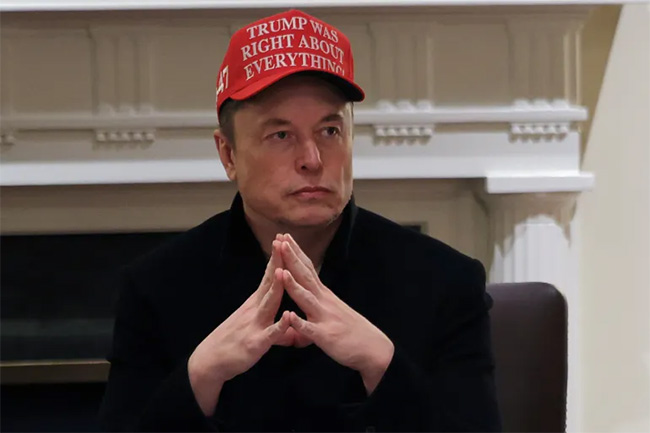Carney says he wants Canada to join major European defence plan
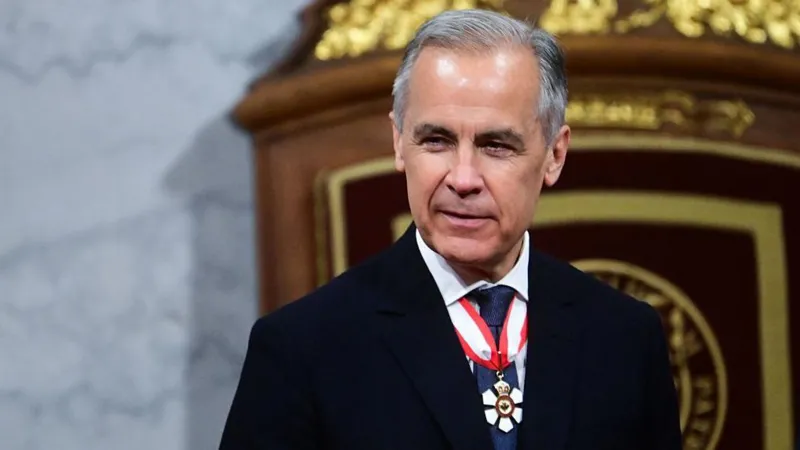
Canadian Prime Minister Mark Carney said he wants his country to join a major European plan to bolster defences by 1 July.
Speaking to CBC on Tuesday, Carney said he hoped Canada would sign on to ReArm Europe - a plan to dramatically increase defence spending on the continent to in the next five years - in a bid to reduce reliance on the US.
"Seventy-five cents of every (Canadian) dollar of capital spending for defence goes to the United States. That's not smart," Carney told the public broadcaster.
His remarks come amid tension with the US after threats from President Donald Trump - though Carney has also previously said he is open to joining a missile defence project proposed by Trump.
A day after Carney's remarks, Canada's defence minister told a military trade show that his country wanted to quickly boost defence capacity in the face of growing global threats.
"The global security environment is today volatile and uncertain," said defence minister David McGuinty on Wednesday, citing Russia's war in Ukraine, as well as a more assertive China.
McGuinty said there would be a future focus on the Arctic, where competing nations were challenging Canada's sovereignty.
Defence also featured on Tuesday in the Speech from the Throne - an event that opened the new parliament and outlined the sitting government's agenda.
The address was read in person by King Charles III, Canada's monarch, as part of a royal visit that was designed to highlight Canada's identity and sovereignty.
The speech contained commitments to "rebuilding, rearming, and reinvesting" in Canada's military.
It also outlined the government's goal of strengthening defence relationships with European allies, and made mention of joining the ReArm Europe plan.
The remarks by Canadian officials come after Nato Secretary General Mark Rutte said he expected members of his Western defence alliance - including Canada - to grow their annual defence spending to a level equivalent to 5% of each nation's GDP.
The Nato target was previously 2% of GDP, but Rutte said members must prepare to defend themselves from increasingly powerful adversaries like Russia and China.
"Russia has teamed up with China, North Korea and Iran," Rutte told a Nato forum in the US on Monday. "They are expanding their militaries and their capabilities. They are preparing for long-term confrontation."
The plan to increase Nato's spending target still has to be approved by member-country leaders, who are set to meet in the Netherlands in late June.
Canada has long faced pressure for failing to meet Nato targets, and was accused last year by US House Speaker Mike Johnson of "riding on America's coattails".
Canadian business leaders have also called on their government to majorly boost spending in the defence industry, touting this as a way to boost the economy.
In Wednesday's remarks, McGuinty told defence industry representatives that Carney's government would prioritise procuring military technology and equipment from Canadian companies.
Last week, Carney said that "high-level" talks were also taking place with the US about joining Trump's Golden Dome missile defence system. The King's throne speech noted that Canada wanted to continue talks with the US on security on trade.
The US president posted on his Truth Social network later on Tuesday evening that the Golden Dome project would cost Canada US$61bn "if they remain a separate, but unequal, Nation."
"But will cost ZERO DOLLARS if they become our cherished 51st State," he added, repeating his often-repeated view that Canada should be absorbed by the US. "They are considering the offer!" he claimed.
In response, Carney's office said in a statement that the prime minister "has been clear at every opportunity, including in his conversations with President Trump, that Canada is an independent, sovereign nation, and it will remain one".
Meanwhile, Canada's UN ambassador reposted the US president's comment on X with the response: "In another context this would called a 'protection racket'."
Source: BBC





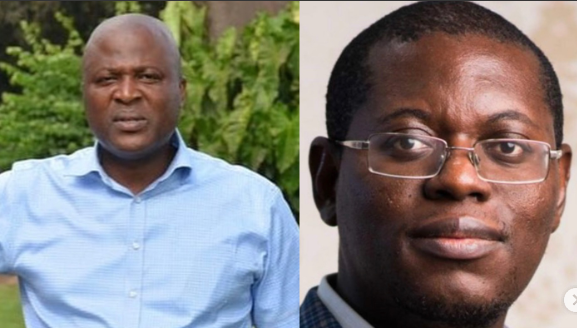
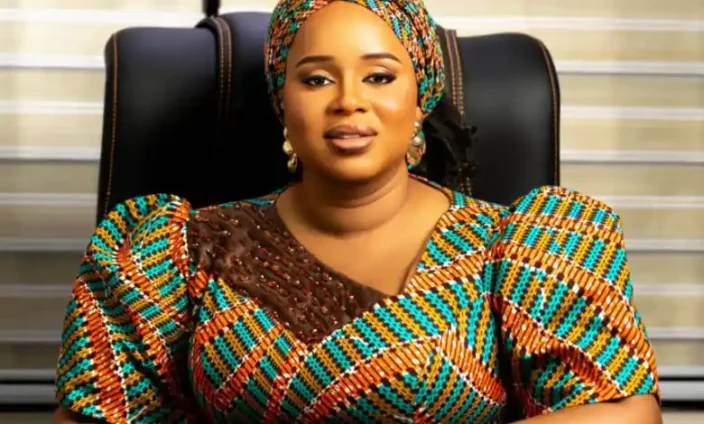
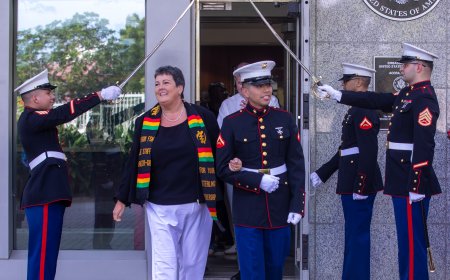

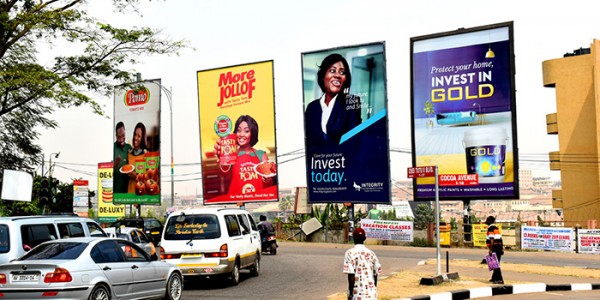





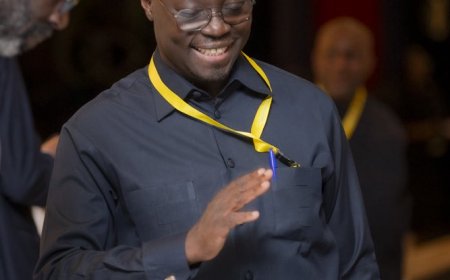

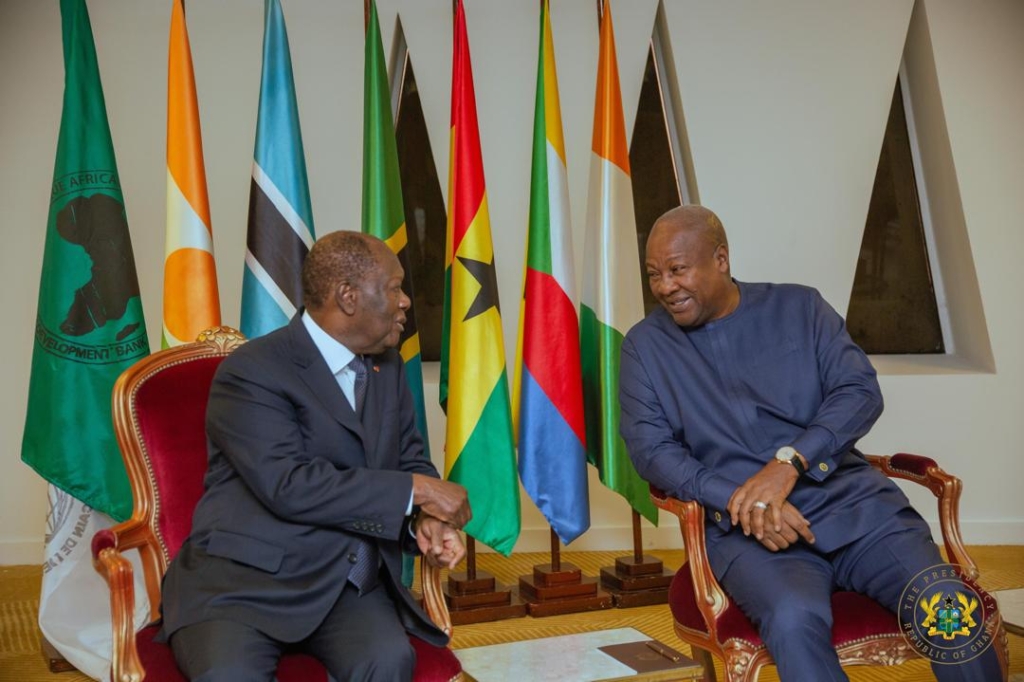
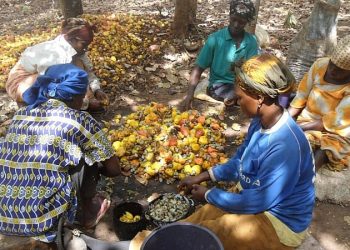
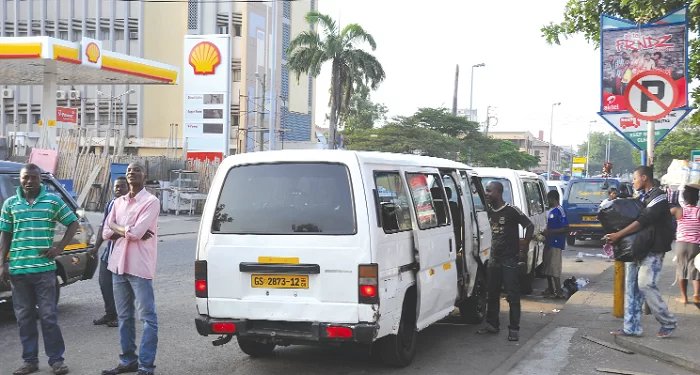

:max_bytes(150000):strip_icc():format(webp)/Health-GettyImages-ToothpasteOnAcne-4ea4cfedb2224b0fb601e61b59913d06.jpg)
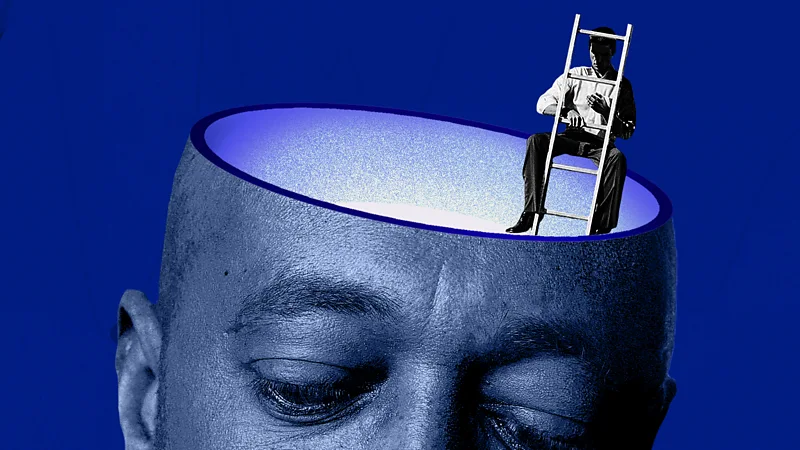
:max_bytes(150000):strip_icc():format(webp)/Health-GettyImages-1884986319-66db20f6180d468f8183118af4d289ff.jpg)


